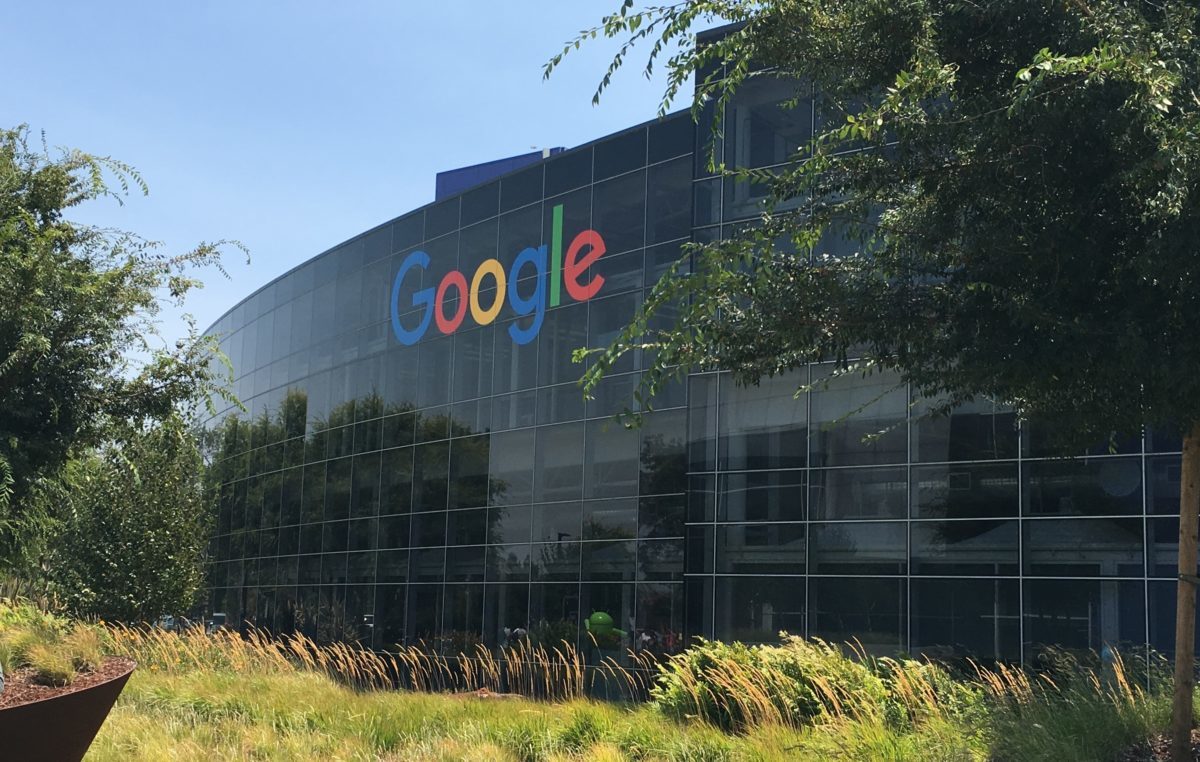pv magazine: What are the different business models available for corporates purchasing renewable energy in Europe?

Image: RE-Source
Hannah Hunt, Impact Director at RE-Source: RE-Source’s Introduction to Corporate Sourcing of Renewable Electricity in Europe introduces the different types of business models available to European companies. Corporates can adopt a variety of different approaches, both on-site and off-site, to procure renewables, depending on their unique needs, goals, and risk appetites.
We are living in an incredibly exciting time in corporate sourcing, with corporate climate commitments opening doors for massive renewable energy development. More than 300 companies across the globe are now part of RE100, committing to 100% renewable electricity supply, with a combined electricity demand greater than either the UK or Italy.
More than 15 gigawatts (GW) of corporate power purchase agreements (cPPAs) have now been signed across Europe, including a record-breaking 4 GW in 2020, and we are continuing to see a greater diversity of companies make renewable energy investments.
Which models are most popular and why?
To date, most cPPAs in Europe have been signed for physical PPAs, which provide physical energy delivery. Virtual PPAs, also known as financial PPAs, are an alternative contract structure recently growing in popularity. Virtual PPAs are financial contracts that do not include physical energy delivery; rather, the price for the underlying electricity is settled through a contract-for-difference (CfD) structure. In Europe, companies may also seek to sign a cross-border PPA to access renewable energy outside their given market.
On-site renewable electricity generation and storage also plays a large role in corporate sourcing strategies. In the last five years, the annual rate of installing commercial and industrial (C&I) on-site solar reached 2-3 GW per year, and future installation potential is much higher than that.
Companies will need to carefully consider which type of business model is right for them according to their unique risk profile and needs. For example, corporations that use significant amounts of baseload power in a single location – like data centers or energy-intensives – might prefer a physical PPA, while companies consuming lower amounts of electricity across multiple locations might find virtual PPAs a better fit.
Sustainable electricity supply
 Despite the global pandemic and recession, corporate purchases of clean energy are booming. In recognition of this, the UP Initiative will spend Q3 2021 investigating sustainable electricity supply. In the upcoming August edition of pv magazine, we will look at the evolving global business model landscape. You can also read our already published coverage, including an interview with RE100, and a BNEF Op-ed on 24/7 RES and net zero goals.
Despite the global pandemic and recession, corporate purchases of clean energy are booming. In recognition of this, the UP Initiative will spend Q3 2021 investigating sustainable electricity supply. In the upcoming August edition of pv magazine, we will look at the evolving global business model landscape. You can also read our already published coverage, including an interview with RE100, and a BNEF Op-ed on 24/7 RES and net zero goals. Those corporates with enough capital and access to the wholesale power market can build renewable power plants for themselves. How big is this market? How can renewable project developers be more active in this area?
Corporates can choose to build and own their own renewable energy projects either on-site or off-site. RE-Source’s On-site Renewable Electricity and Storage for Corporates report provides more information on the on-site owner model, which can be done by individual companies or through collective self-consumption. For the off-site business model, the electricity produced by the off-site project is sold into the wholesale market, with the corporate often cancelling the Guarantees of Origin (GOs) from the renewable production on their own behalf.
A corporate investing in and owning an off-site project will see this as a long-term investment that hedges against their long-term electricity consumption costs. However, this business model often requires significant capital investment and will be pursued by a select number of companies. Ikea (Ingka Group) owns multiple wind projects in Europe and other global markets. German chemicals company BASF made an exciting announcement last month that it plans to own a significant stake in a 2 GW offshore wind farm being developed by RWE.
Clean energy can also be purchased via green certificates. However, due to their low costs, they are said to have little actual effect on the deployment of new capacity and thus, amount to greenwashing. How do you respond to this?
In Europe, energy attribute certificates are called Guarantees of Origin (GOs). These certificates validate the consumption of renewable electricity and are therefore critical to demonstrating the use of renewable electricity. GOs can be purchased through an “unbundled” contract, i.e., separate from the underlying electricity, or through a “bundled” contract, i.e., together with the underlying electricity.
GO purchases help support the income of renewable energy projects, but new capacity is unlikely to be deployed solely due to the purchase of GOs. RE-Source advocates for a well-functioning framework for GOs across Europe. All renewable energy producers should be allowed to receive GOs for their generation, and GOs should contain an increased level of information to support consumer needs. A harmonized framework for GOs across Europe is critical to the development of corporate renewable energy sourcing.
How has the landscape evolved as smaller corporates start to participate? What are the purchasing options available to them?
As the corporate renewable PPA market in Europe matures, we are indeed seeing a greater diversity of companies enter the market, including smaller buyers. The RE-Source Platform offers a template contract to help bring down transaction costs and facilitate the negotiation process for smaller, newer buyers. The standard contract, developed by EFET jointly with RE-Source, allows for both physical and financial PPAs. The agreement is translated into multiple EU languages to ease its uptake across Europe.
Smaller corporates can also benefit from business models like aggregated (“multi-buyer”) PPAs as described in our report. Aggregated PPAs allow smaller buyers to combine expertise, resources, and electricity demand with other buyers. In some cases, smaller buyers may pair with larger, more experienced buyers to leverage their comparative expertise.
No-one can currently be 100% renewable on a 24/7 basis today. However, corporates like Google and Microsoft have laid out goals to achieve this. With increasing net zero pledges, how can we expect the business model landscape to change over the next five to 10 years?
In the next five to 10 years, we expect to see more and more companies call on their supply chains, particularly their energy-intensive partners, to purchase renewable energy and decarbonize their operations. We also see forward-thinking companies like Google and Microsoft revising their 100% renewable electricity ambitions upward.
These companies aim to match their electricity consumption with renewable production on at least an hourly basis. The benefits of doing so include increased transparency of corporate sustainability claims and carbon accounting, acceleration of electricity grid decarbonization, facilitation of new business models and technologies, and more. The journey to 24/7 renewable electricity will require many steps, but we are excited to see pilot project successes already taking place.
What are the current challenges in the market? What more needs to be done to grow it further?
One specific challenge to corporate renewable energy sourcing is shortages in renewable energy supply across Europe, primarily due to lengthy and complex project permitting procedures. Article 16 of the Renewable Energy Directive requires that Member States shorten and simplify the permitting process for new and repowered projects.
Despite this, very few Member States specify measures to reduce permitting burdens. This delays the deployment of new renewable installations in Europe, hampers achievement of EU 2030 and 2050 climate targets, and restricts corporate access to cost-competitive renewable supply. The EU Commission must develop guidelines on permit-granting procedures, using a benchmark system that is measurable and against which Member States can weigh their performance.
To grow the market further, it is also necessary to reduce the complexities associated with signing cPPAs. This will grow the market for both energy-intensive industries and smaller buyers. Our tools in the Renewable Energy Buyers Toolkit aim to help address these challenges.
European countries can also take steps like setting up financing and credit de-risking facilities like in Norway, where energy-intensive companies and buyer consortiums can benefit from a public guarantee scheme supported by the Norwegian Export Credit Guarantee Agency. We also recommend looking to the Spanish government, which recently announced a financial support scheme for corporates seeking corporate PPAs that will include credit risk guarantees to help drive investment.
This content is protected by copyright and may not be reused. If you want to cooperate with us and would like to reuse some of our content, please contact: editors@pv-magazine.com.




By submitting this form you agree to pv magazine using your data for the purposes of publishing your comment.
Your personal data will only be disclosed or otherwise transmitted to third parties for the purposes of spam filtering or if this is necessary for technical maintenance of the website. Any other transfer to third parties will not take place unless this is justified on the basis of applicable data protection regulations or if pv magazine is legally obliged to do so.
You may revoke this consent at any time with effect for the future, in which case your personal data will be deleted immediately. Otherwise, your data will be deleted if pv magazine has processed your request or the purpose of data storage is fulfilled.
Further information on data privacy can be found in our Data Protection Policy.